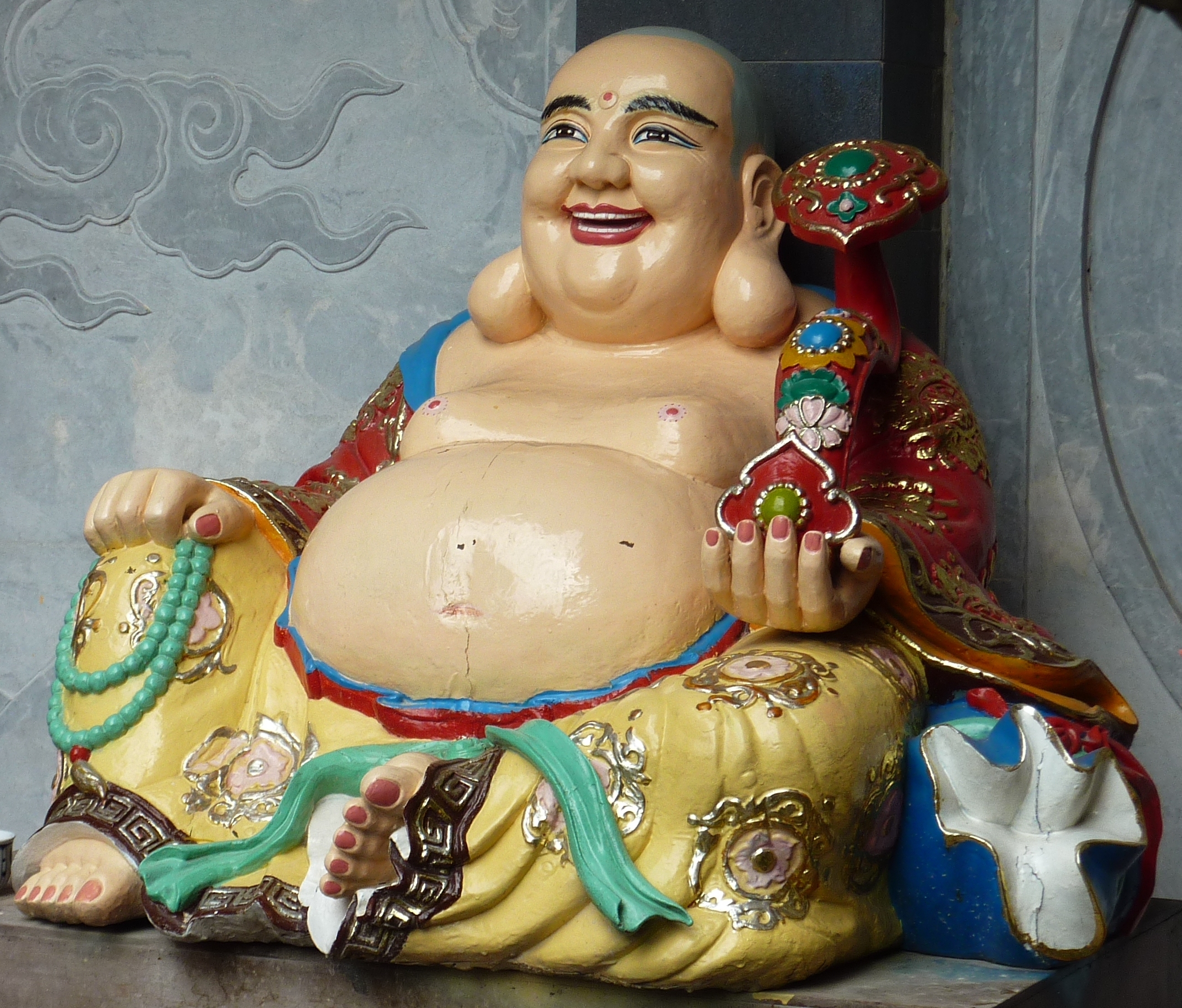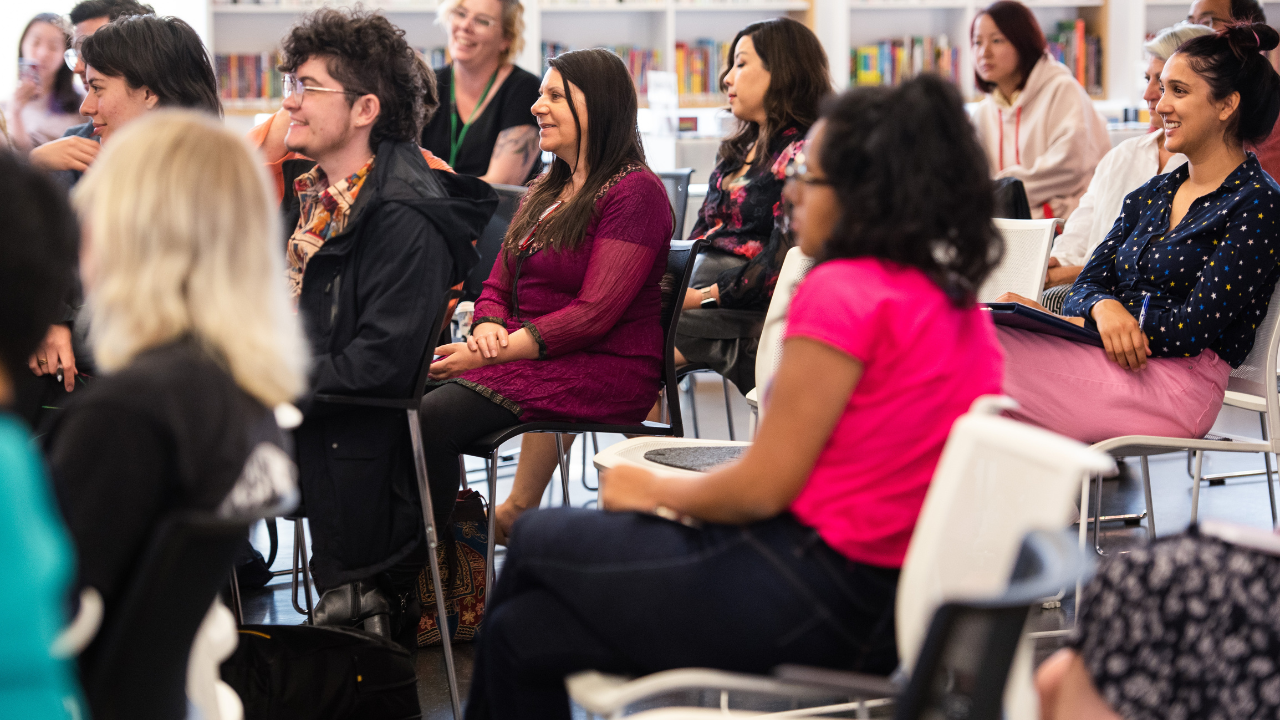Have you ever read any of the work of Steven Pressfield? He is very much the creativity guru of the moment, and I like him because he really deals in a type of tough love for artists and writers. No molly-coddling, no delicate nurturing of the creative heart. He is all about sit down, do the work whether you feel like it or not, and get it out there. I wish I had taken that advice ten years ago.
JOIN WALTER’S CREATIVE GROOVE WORKSHOP IN JUNE
But Pressfield is still capable of getting a bit metaphysical. One of his big things is: You owe the world your gift. If you can write, if you can tell a story, then you are as duty bound to make the most of that talent as any heart surgeon needs to wield a scalpel. And he’s right. The fact is, not everybody can write well. Some people can’t structure a sentence, they can’t convey a voice, they become hopelessly lost the minute they try to put words on paper. And for others – I think for you – it comes almost naturally. Most writers realised at quite a young age that they had a gift for expression, but because it came easy, because it was a pleasure, so many of us pushed it aside and set about finding some real work. Work that bored us, made us miserable and convinced us that our dreams weren’t worth pursuing.
Remember, too, that different writers have different gifts. Some are funny, some are clever, some are poetic, some have a knack for turning impossibly pretentious contrivances into engaging and moving works of art. Writing comes in all shapes and sizes and reflects all manner of gifts. We should never criticise one writer for not having the exact same set of talents as another. We all struggle with something, and we all excel at something else.
The important thing is that we have to write. More, we have to get our writing out there, sharing it publicly in whatever form we can find. I am a great advocate of the letter to the editor, the prayer breakfast roundup in the church newsletter, the two paragraph reflection in the alumni magazine. Publishing small pieces, having people remark on them and praise them, can do immense amount for our confidence as writers. Seize every opportunity to write for a public audience, and seek these opportunities out.
In writing memoir, we are sharing our gifts with family and friends. We are telling the stories, not just of ourselves but of all the other amazing people who appear in our writing. Memoirists have preserved the reputations and legends of many people who would otherwise have disappeared from history. I think here of people like the great society hostesses and literary lionesses Ada Leverson and Lady Ottoline Morrell. Neither produced very much, but they surrounded themselves with people who did (Oscar Wilde, D. H. Lawrnece) and now they will be remembered forever. That is how powerful t he memoirist’s craft is. It can dictate history. You ready for that?
Share your memories, your observations, your historical knowledge. Get it down and get it out. You are not doing this for yourself, you are doing it for your family, your city, your entire culture. Photographs are increasingly ephemeral, and it is hard to imagine that in years to come our ancestors will be dusting off an external hard disk drive to take a walk down memory lane. But printed articles, essays and books will always be collected and curated. Words have a comforting potential for legacy. Share your words and bless the people in your life with them.
Walter Mason is a writer, blogger and part of the Writing and Society Research Group at the University of Western Sydney. He is the author of two travel memoirs, Destination Saigon and Destination Cambodia. Walter presented at SA Writers Centre as part of the Life Writing/Memoir Bootcamp in 2013.








